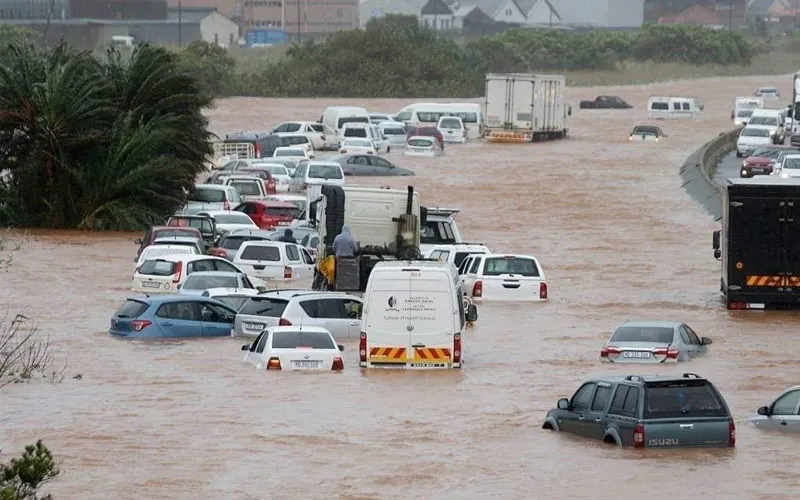KwaZulu-Natal, 23 April, 2022 / 7:30 pm (ACI Africa).
A Caritas official in South Africa has said the damage to infrastructure is hindering efforts to reach out to those affected by the floods in the Southeastern Province of KwaZulu-Natal.
In an interview with ACI Africa Wednesday, April 20, Jennifer Boyce, a member of the Working Committee of Caritas KwaZulu-Natal, said the collapse of roads and power cuts is making it difficult to communicate and to distribute relief items to victims of the floods.
“The key challenge is the damage to infrastructure. Many of the roads have collapsed and access into the communities is quite complex. Many roads remain inaccessible because of the landslide. We must use alternative routes to reach communities”, Ms. Boyce said.
She added, “We have very little communication. People cannot connect due to power cuts, there’s no electricity.”
“The other challenge is the loss of basic services of water and electricity,” Ms. Boyce further said, and added that some people on the banks of the Mariannhill railway station have reported inability to access water and electricity since the floods began.








